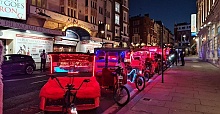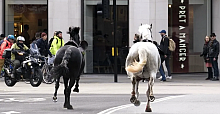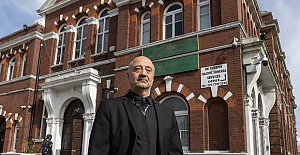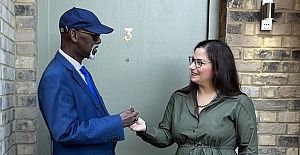In an increasingly globalised world, our individual and collective identities are inevitably complex. As I said in a speech at the Global Citizenship Forum at University College London last night, nonetheless we can live comfortably with layered identities. Though not born in London, I feel strongly that I am a Londoner and my passport tells me that I am British. But the passport also declares that I am a citizen of the European Union, which is a dimension many people living in the EU have yet to get their heads around. One can only hope that the current European Year of the Citizen will assist in the construction and realisation of European identity (not related to skin colour or “race”, but rather to culture and location), despite the efforts of UKIP et al. Most of the attendees at last night’s UCL event — which was organised by the NGO Development in Action — would aspire to be global citizens, but that can be quite difficult to achieve; I argued it’s all about mindset. Part of the problem of the discourse and practice of international development has been the assumption that poorer parts of the world and communities will have their problems solved if they become just like us in affluent societies such as Britain. Instead, we need to recognise the differences between us and respect them and provide a space for individuals and communities in developing countries to work out their own path of progress, while offering appropriate assistance. I reminded the predominantly young audience of some of the basic principles of the pedagogy of Paulo Freire, who argued that education in disadvantaged communities first of all required helping people understand the status quo so they could then challenge it and use new skills to empower themselves. I also stressed in the Q&A session afterwards with my fellow panelists Daniela Papi and Nicole Blum that there is not one single model for global governance or blueprint for what a globalised world should look like, which further complicates achieving global citizenship. China and India have very different conceptual frameworks, for example, and the days when the United Nations was shaped along European lines must surely be coming to an end.
Global Citizenship
12 Haziran 2013 Çarşamba 03:33
reads.




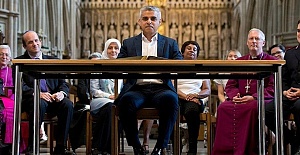 The candidates vying to be the next London mayor
The candidates vying to be the next London mayor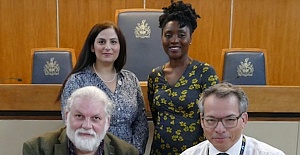 Enfield Council commits to anti-racism and diversity pledge
Enfield Council commits to anti-racism and diversity pledge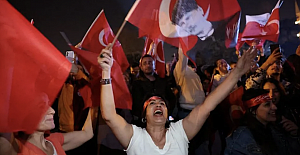 President Erdogan promised supporters his party would learn its lessons from the defeat
President Erdogan promised supporters his party would learn its lessons from the defeat Mayor of London and London Assembly elections
Mayor of London and London Assembly elections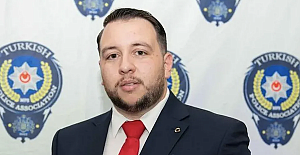 Off duty Police sergeant Eren Emin catch suspected thief while on stag do
Off duty Police sergeant Eren Emin catch suspected thief while on stag do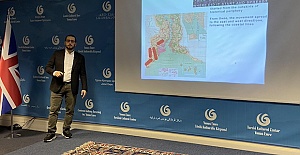 A Century of Urban Transformation, Istanbul’s Evolution
A Century of Urban Transformation, Istanbul’s Evolution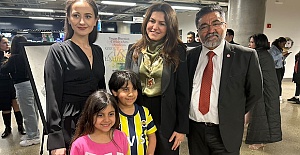 Future Painters Exhibition at Tottenham Hotspur Stadium
Future Painters Exhibition at Tottenham Hotspur Stadium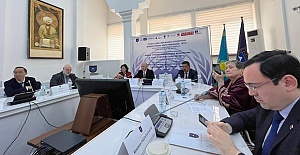 Models of Teaching International Journalism for Sustainable Development
Models of Teaching International Journalism for Sustainable Development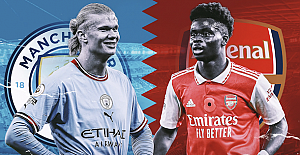 English Premier League leaders Arsenal will visit title contenders
English Premier League leaders Arsenal will visit title contenders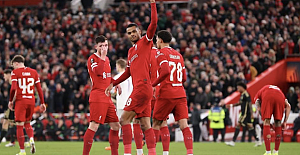 Liverpool meet Atalanta and West Ham face Bayer Leverkusen
Liverpool meet Atalanta and West Ham face Bayer Leverkusen Arsenal face Bayern Munich and Manchester City play Real Madrid
Arsenal face Bayern Munich and Manchester City play Real Madrid UK Transfer deadline day, the transfer window closes tonight
UK Transfer deadline day, the transfer window closes tonight Petrol prices on UK forecourts hit 150p a litre
Petrol prices on UK forecourts hit 150p a litre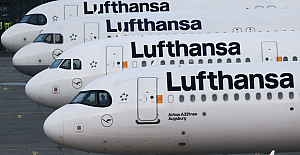 Europe's travel strikes: Flight and train disruption you can expect in April
Europe's travel strikes: Flight and train disruption you can expect in April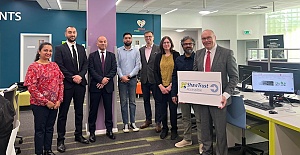 Enfield Council website achieves digital inclusion recognition
Enfield Council website achieves digital inclusion recognition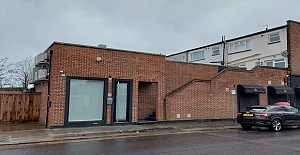 Enfield Council’s Planning Enforcement team goes from strength to strength
Enfield Council’s Planning Enforcement team goes from strength to strength

